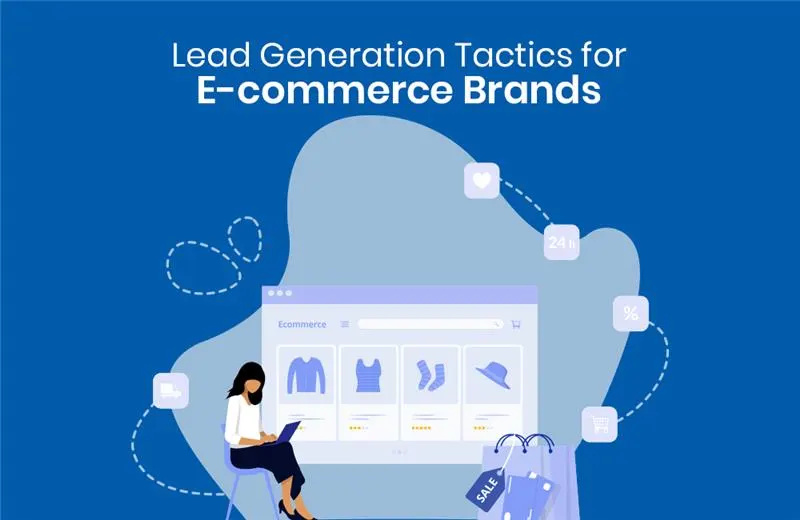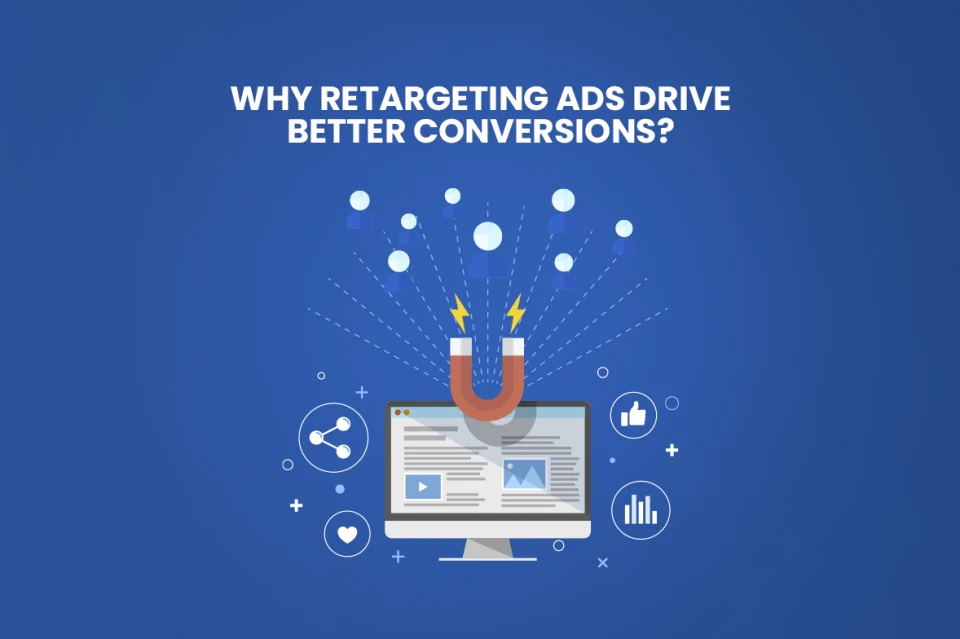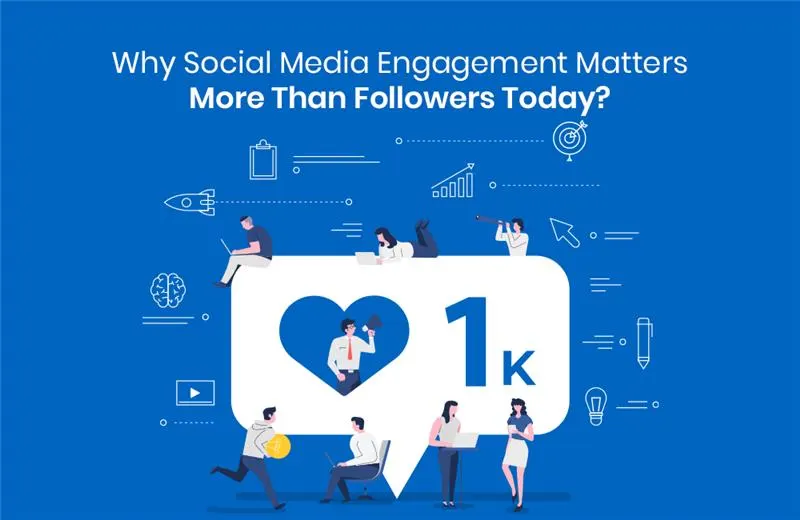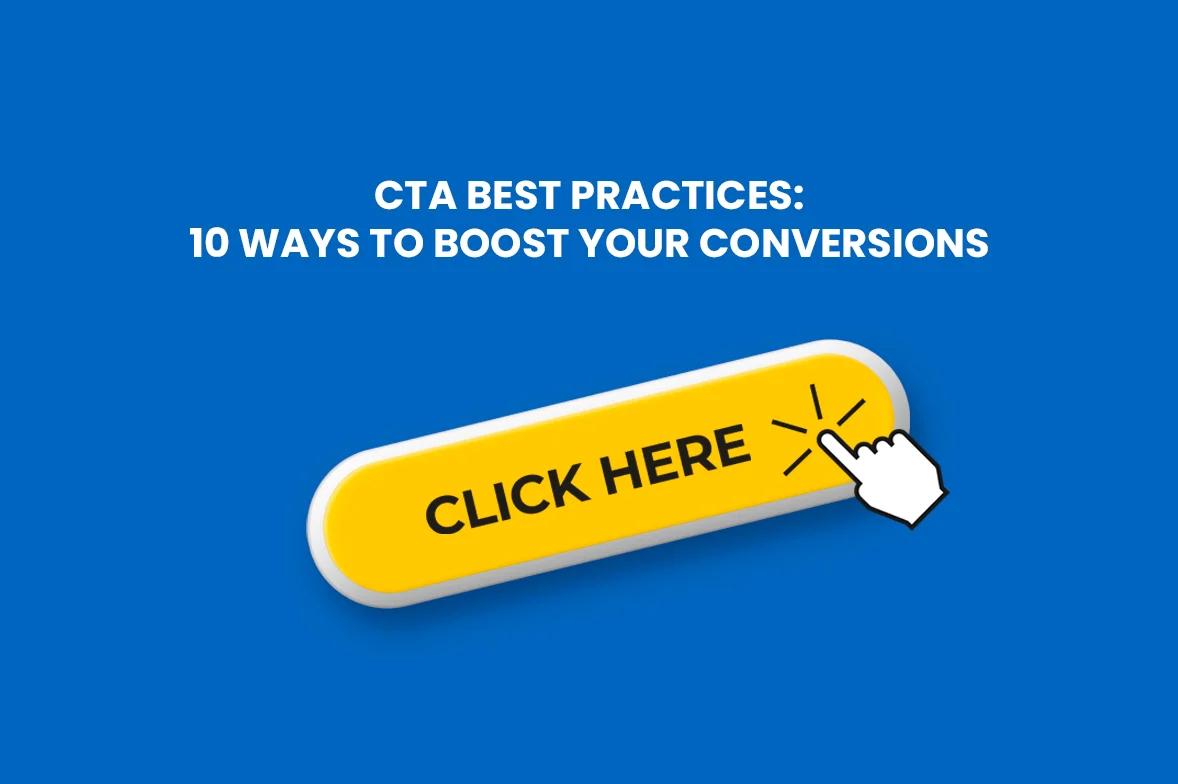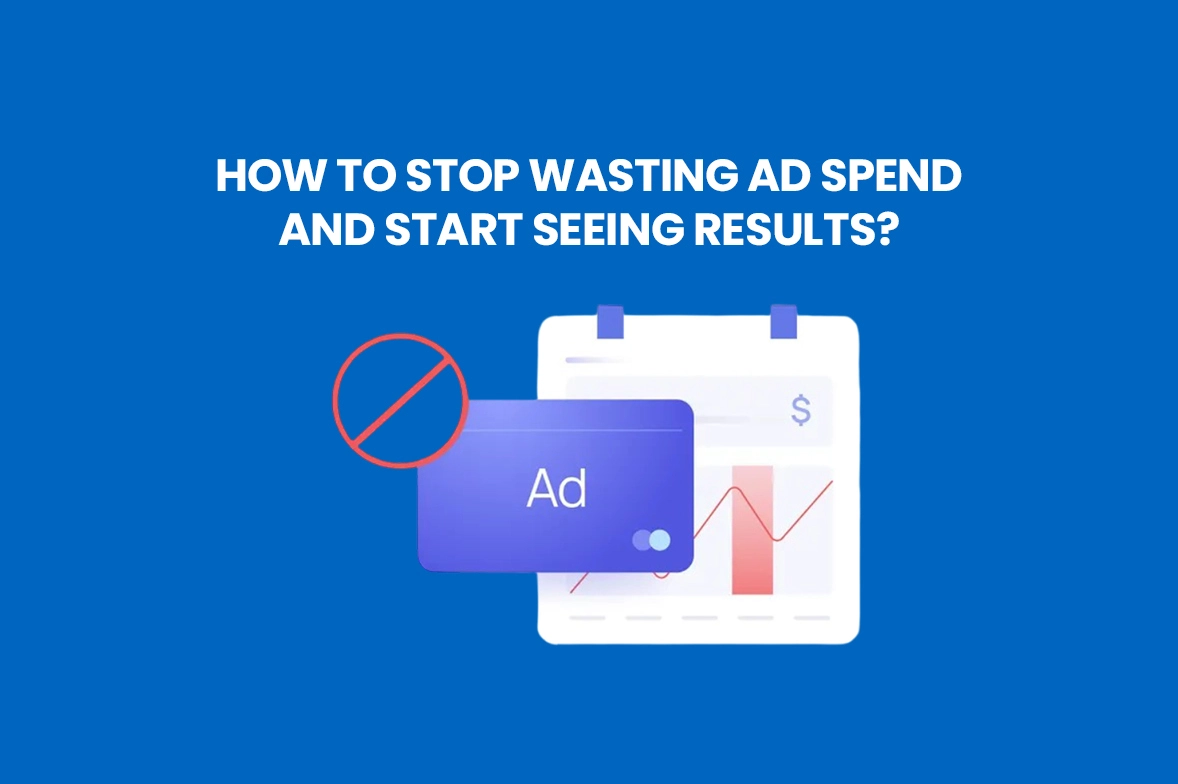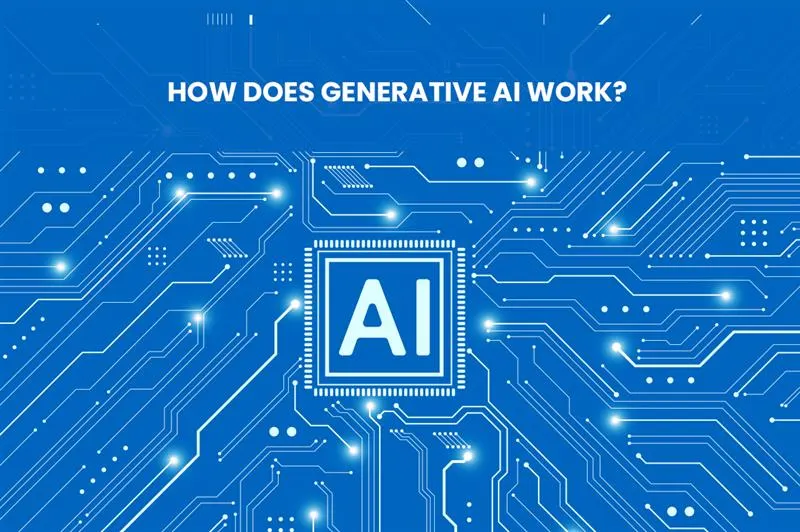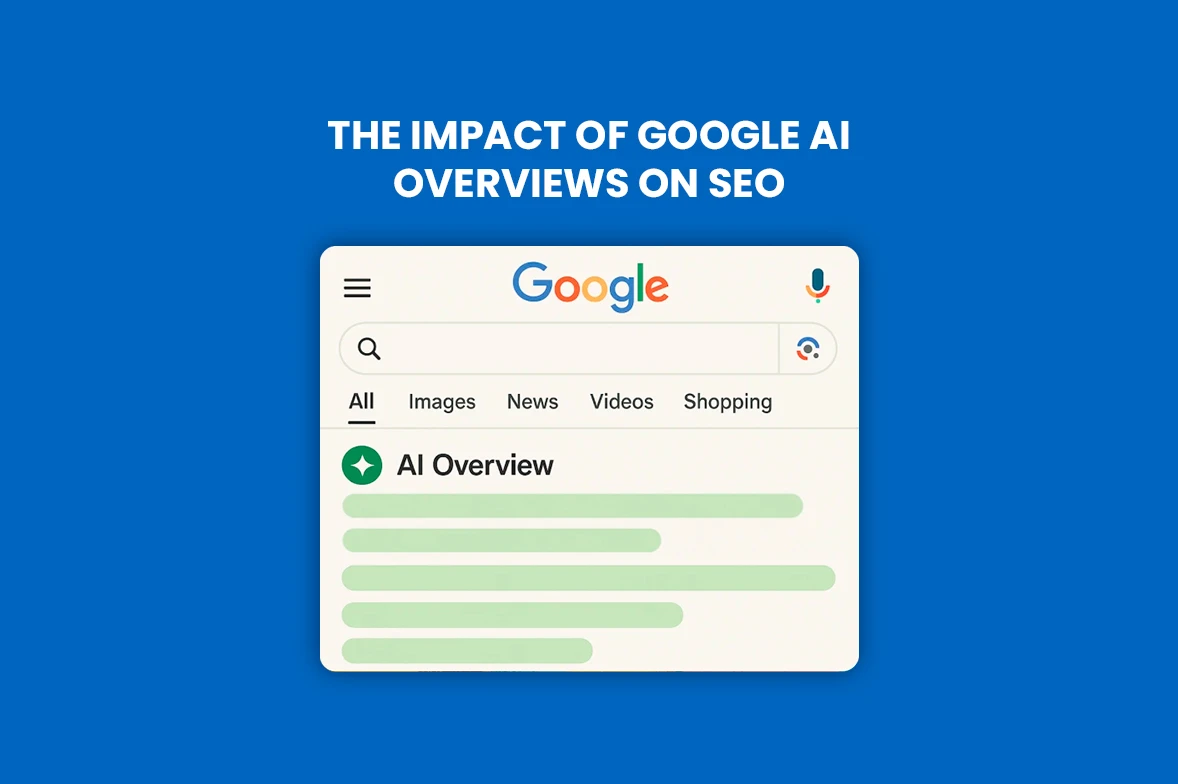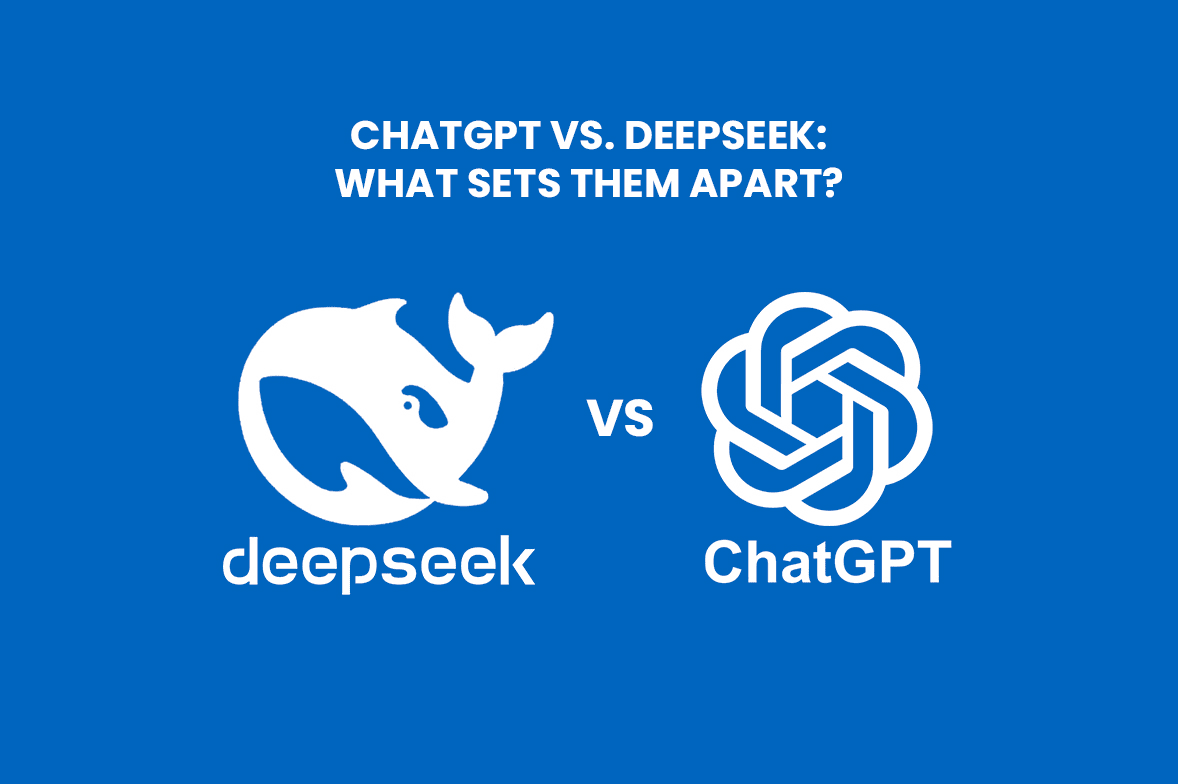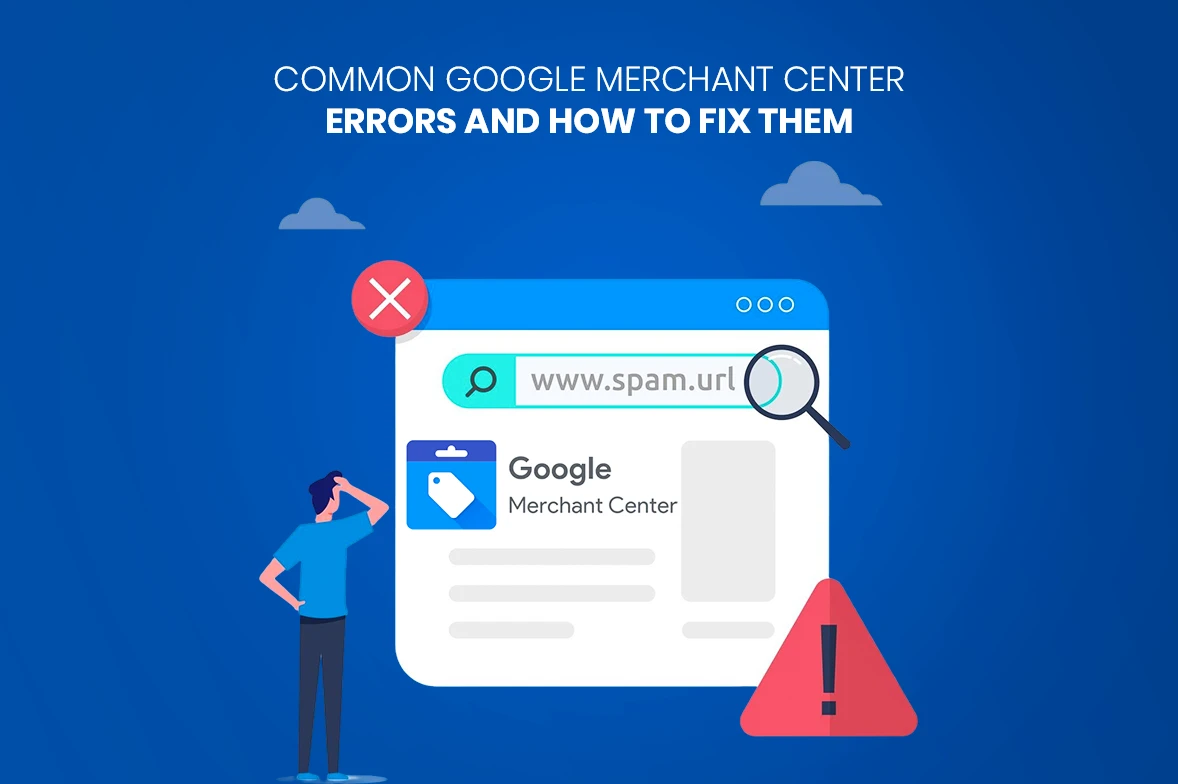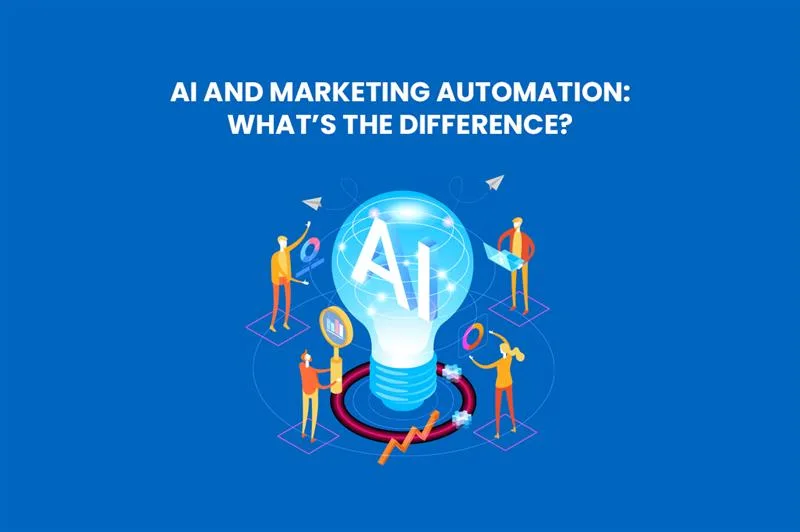
AI and Marketing Automation: What’s the Difference?
Marketing today is like never before, all thanks to advancements like AI and marketing automation. Businesses of all sizes are looking for effective ways to target customers, improve engagement, and achieve results. However, one question often arises: what is the difference between AI and marketing automation? Understanding AI vs marketing automation is key to choosing the right tools for your marketing efforts. Let’s explore that.
What’s the Difference Between AI and Marketing Automation?
Both promise efficiency and better results, but they operate in different ways. Let’s clarify the difference between AI and marketing automation. Whether you’re a small business owner or a digital strategist at a digital marketing agency in Kerala, this guide will provide the insights you need.
What is AI?
Artificial Intelligence (AI) is the ability of machines to imitate human intelligence. This includes tasks like learning from data, making decisions, and predicting future outcomes. It improves over time, learning from each new piece of data and adjusting its actions. Because AI can improve and become more accurate with each interaction, it is especially useful in areas like marketing, customer service, healthcare, finance, and others. These fields have plenty of data, and personalization or optimization is important.
Common Examples in Marketing:
Chatbots that respond to customer questions 24/7
Content generators that suggest headlines or write product descriptions
Predictive analytics that forecast customer behavior
What is Marketing Automation?
Marketing automation involves using software tools to automate repetitive marketing tasks. It is based on rules, improves efficiency, and saves time but does not adjust on its own. Unlike AI, it does not think or learn; it follows a set of rules or workflows defined by the user. Automation does not involve making decisions on its own or learning from data. Instead, it works on set rules, conditions, and workflows defined by the user. This setup ensures that each step in the marketing process happens at the right time and in the correct order.
Common Examples:
1. Email drip campaigns that send messages based on user behavior.
2. Social media scheduling tools that automatically post content.
3. Lead nurturing systems that guide prospects through the sales funnel.
Key Differences Between AI and Marketing Automation
| Feature | Artificial Intelligence (AI) | Marketing Automation |
| Learning Ability | Learns and improves with data | Follows pre-set rules |
| Task Type | Handles complex, dynamic tasks | Automates repetitive tasks |
| Data Use | Analyses big data to find patterns | Uses data to trigger predefined actions |
| Flexibility | Adapts and changes over time | Stays consistent unless manually changed |
In short, AI and marketing automation differ in flexibility and efficiency. AI evolves, while automation executes.
How They Work Together
Marketing automation takes care of repetitive tasks based on set rules. Artificial intelligence adds flexibility and personalization to the mix. Together, they form a strong marketing engine. Marketing automation makes sure things run smoothly. It can send emails, schedule posts, or start workflows based on how users behave. AI, however, can look at huge amounts of data, predict what customers like, and improve how content is delivered. For instance, while automation may send a welcome email when someone signs up, AI can tailor that email using the subscriber’s browsing behavior, location, or interests. The real magic happens when AI and marketing automation work together. Here’s an example:
An AI algorithm can analyze user behavior and determine the best time to send an email. The marketing automation tool then sends it at that exact moment. Together, they enable:
1. Hyper-personalized marketing
2. Better customer engagement
3. Improved ROI
Modern marketing platforms increasingly provide both features, combining AI intelligence with automation efficiency. Best strategy? Use both. Automation handles repetitive work. AI adds intelligence to make your marketing smarter. Understanding the AI vs Marketing Automation dynamic can significantly boost your results.
Which One Do You Need?
Choosing between AI and marketing automation depends on your business goals, size, and growth stage. Small businesses often start with marketing automation. It helps simplify repetitive tasks like email campaigns, social media scheduling, and lead nurturing without needing complicated setups or big budgets. It provides immediate efficiency and saves valuable time. As your business expands and you seek deeper customer insights, better targeting, and real-time personalization, adding AI becomes the next logical step. In the end, using both AI and marketing automation gives you the best of both worlds.
Conclusion
To sum it up, AI thinks and learns, while marketing automation does tasks automatically. Understanding the difference between AI and marketing automation helps businesses choose the right tools for their goals. With the right combination, you can improve efficiency, personalize communication, and stay ahead of the competition.
At Dinero Tech Labs, a top digital marketing agency in Kerala, we help businesses use the power of both AI and automation. Whether you’re looking for smarter strategies or reliable SEO service in Kochi, we’re here to help you grow.
Nijoe Varkey
With over 20 years of experience in digital marketing, Nijoe is the founder, CEO, and driving force behind Dinero. He is an expert in SEO, social media, performance marketing, and all fields of digital marketing. With a deep understanding of industry trends and innovative strategies, he is committed to delivering results that help clients grow.
